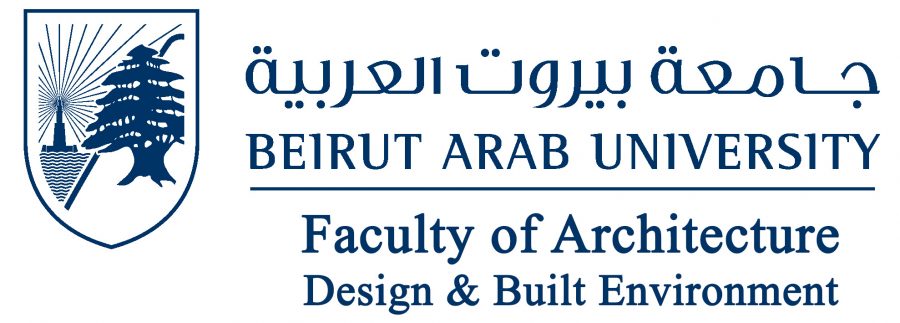
For its third edition and as we continue to build on our research in advanced architectural design and digital manufacturing, GSS Beirut 2018 partners with Beirut Arab University to explore potential applications of robotic fabrication in the construction industry, as we activate a public square in the heart of Beirut city with a 1:1 architectural intervention.
Beirut is one of the oldest cities in the world. Its unique geography, cultural influences and social composition account for its dynamic urban landscape. As it became one of the most populated capitals in the Middle East, Beirut suffers from urban appropriation where public spaces are being vastly privatized. This forced numerous social challenges which aggravated the dis-engagement between city dwellers in the community. The situation is further exacerbated by the lack of clear urban strategies and policies in regard, leaving it to be handled by private initiatives.
As we aim to cater to a highly visible and central location in the city, viewed and used by a substantial portion of the population, the following questions arise: Can a site-specific intervention that translates the flux of people and activities into a well-integrated, ‘smart’, and crafted digital reality create an effective stage for urban scenes, empowering the citizens in reclaiming rights to the city and to places for interaction? What if we can combine smart technologies with citizen participation in order to highlight architecture’s innovative role in raising people’s interest in sharing public spaces among a broader audience?
With the current technology tools for sensing, computing, visualizing, formalizing data, combined with the precision of digital fabrication, a new aesthetic/materiality is coming out as by-product of the digital era. Participants will be challenged to rethink construction logics to satisfy the need for variation in the realization of complex parametric models: optimizing subtractive digital manufacturing, exploring precise and fully integral assembly strategies, as well as robotic wood tectonics will be tackled during the course.
IAAC Global Summer School is a full-time two-week course, 2-14 July 2018, that provides practical and theoretical knowledge to its participants. The program is led by expert tutors, combined with lectures by renowned professionals and academics relevant to the topics to be treated during the course. These will be broadcast in the different node-cities, all globally connected. Participants will join a global agenda and an international laboratory at their disposal to test their design hypothesis, understanding how design conclusions derived locally can be tested and evolved globally in the different cities where other teams reside.
GSS Beirut 2018 is the first academic program in Lebanon to introduce participants to robotic fabrication as a relatively new territory in architecture. As we explore both the possibilities and restrictions brought by this technology, we will experiment with different fabrication methods and materials, giving rise to distinct formal languages of novel aesthetic qualities, mediating materiality, form, structure and assembly logics.
Along the broader theme of GSS 2018, Digitize, and within a design-build framework, participants will be introduced to the fundamental logics of parametric modelling and algorithmic design (Grasshopper and plugins) as well as analysis, coding and simulation for machinic operation and digital fabrication (Kuka Prc).
The workshop will commence with a site visit in Beirut Central District where we will go on a guided tour led by local experts to tell us about the historical background of the city from legal, political, social and archaeological aspects… A series of intensive tooling sessions will follow and be held throughout the workshop duration, each relevant to the different project phases, enabling the participants to design, develop, prototype and fabricate the various parts of the structure. During the last phase, partially assembled parts will be transported to the site where the structure will be finally installed. On the last day, participants will join the presentations of the final projects reviewed by a renowned jury panel.
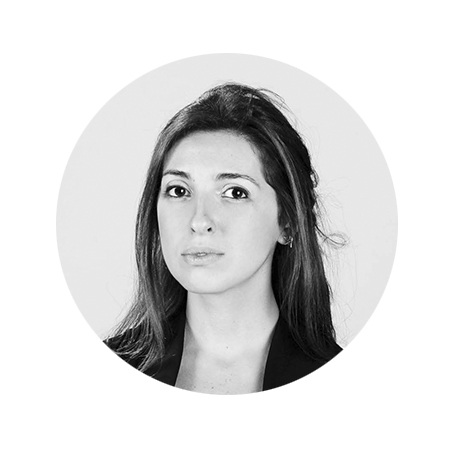
GSS Beirut Coordinator
Stephanie is an architect and computational designer. She is a co-founding member at the College of Architecture and Design at Phoenicia University, South Lebanon. Bashir holds a B.Arch. from AUB and a professional Master degree from IaaC specializing in Digital Matter Intelligent Construction. She received professional training at international firms (KPF London and DW05) prior to joining Atelier des Architectes Associés in Beirut, where she oversaw projects from concept to execution. Stephanie’s professional experience includes design consultancy, management and education. Since her return to Lebanon, Stephanie makes part of Beirut Makers collective.
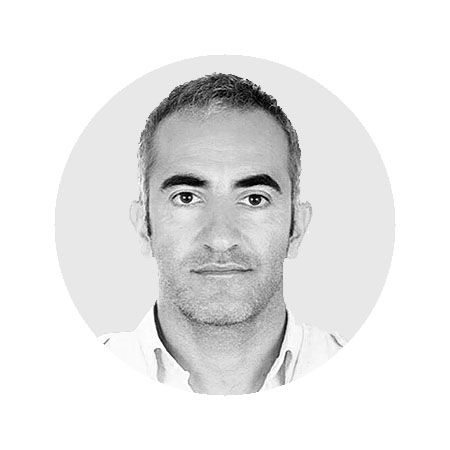
Dr. Khoury holds a PhD in architectural design with thesis: “Folding: A morpho-sematic model to support the creative phase of the project.” He began his teaching experience as an assistant to undergraduate courses at Sapienza University of Rome, Faculty of Architecture while continuing the practice as a designer. His research focuses on the relations between information technology and architecture.
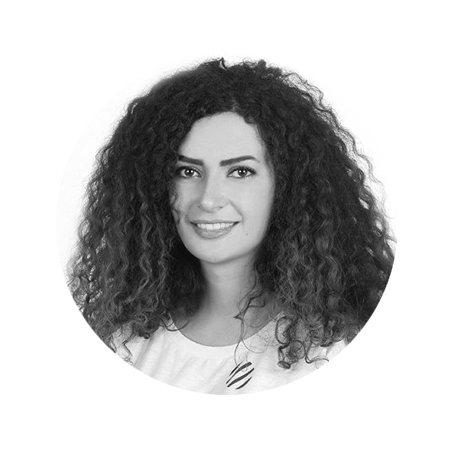
GSS Beirut Coordinator
Rasha graduated with a Bachelor Degree of Architectural Engineering from the Beirut Arab University in 2009 and has been a member of the Order of Engineers in Lebanon since. In 2015 she graduated with an MAA from IaaC with the thesis: “In-between Realities – towards a Socially Sustainable Urban Strategy for Beirut City“. She is a PhD candidate in Architecture at Beirut Arab University. She has worked at several international firms in the Middle East and Spain such as Dar Al-Handasah. She has participated in international events within the FabLab foundation as well as similar platforms. Her research focuses on advanced fabrication strategies in architecture. She is a Techwomen affiliate fellow and an IIE alumni.
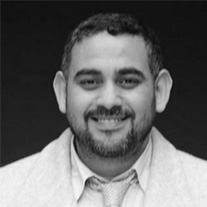
Dr. Khalifa is an Assistant professor at Faculty of Architecture at Beirut Arab University, Tripoli campus. He holds a PhD in Parametric design and Architecture, from SAS-UNICAM, Italy. He is an instructor of parametric design and Algorithmic generative Architecture.
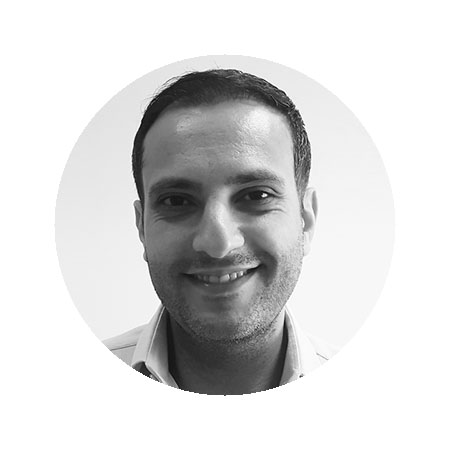
Dr. Halabi holds the position of Assistant Dean at the Faculty of Architecture – Design and Built Environment since 2016. He achieved his PhD in Architecture and Technology in 2008 from the Superior School of Architecture Barcelona, with the thesis titled: “The Beginnings of CAM Technology in Architecture: The Sagrada Familia”. He has also worked as a consultant for a series of projects in Spain including: the Sagrada Familia by Antoni Gaudi in Barcelona and H20 Pavilion by Zaha Hadid in Zaragoza, Spain.
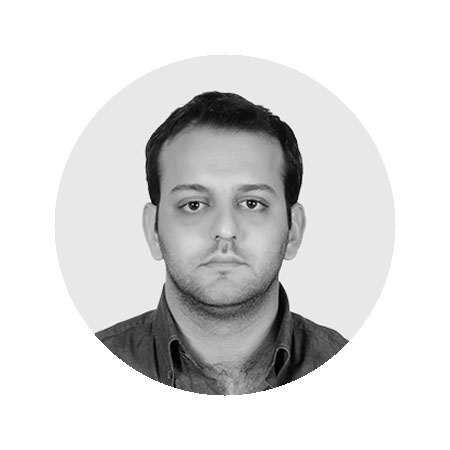
Ala holds an M.Arch from Institute for Advanced Architecture of Catalonia, Spain. He is a PhD student in architecture design at BAU and an assistant faculty member. He is aproject architect at Said Jazairi Consulting Office since 2013. His research combines computational design and digital fabrication strategies applied in Lebanon.
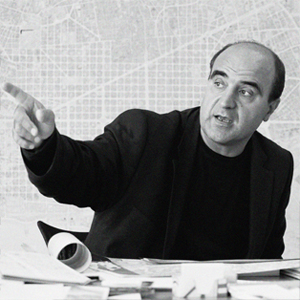
Vicente has been chief architect of the city of Barcelona and general director of Urban Habitat since 2011. He is the founder of Guallart Architects and of IAAC. Pioneer of interaction between nature, technology and architecture proposes new paradigms based in urban, social and cultural conditions emerging from information society, he crosses boundaries through collaborations in geology, sociology, engineering, fabrication, economics, and software design merging architecture, nature and new technology. His most relevant and recent projects includes, among others, Sociópolis in Valencia, Sharing Bloks in Gandía, Fugee Port and Keelung Port in Taiwan. He is author of Geologics (Actar), and co-author of the Metapolis dictionary of Advanced Architecture and Hypercatalonia.

Arturo is an architect, independent researcher and computational designer, since 2004 complemented professional practice in Italy with a personal research on parametric design, focusing on relationships between architecture and new design tools. He has published many research and books about algorithmic modeling and Grasshopper platform such as “Architettura Parametrica” and “AAD_Algorithms-Aided Design”. He he founded A > T a cloud based office which provides computational design services and training for architects, designers and companies. He is also co-director of the AA Rome Visiting School for the Architectural Association School (London), digital consultant at Politecnico di Milano and instructor at Master MADI (IUAV, Venezia) and Master Parametric (ControlMad, Madrid).
IaaC Global Summer School Beirut 2018 will take place at the Fabrication Lab at the Faculty of Architecture, Design and Built Environment at Beirut Arab University, Debbieh, Lebanon.
The Digital Fabrication Lab is the first of its kind in Lebanon representing a decisive turning point in the future of education in the country. A unique and complete technological unit, the 400 sq.m. creative space is currently equipped with the latest technology devices and fabrication tools including a KUKA robot arm of 2.7m reach, CNC milling machines, laser cutters, 3D printers, 3D scanners and traditional hand tools.
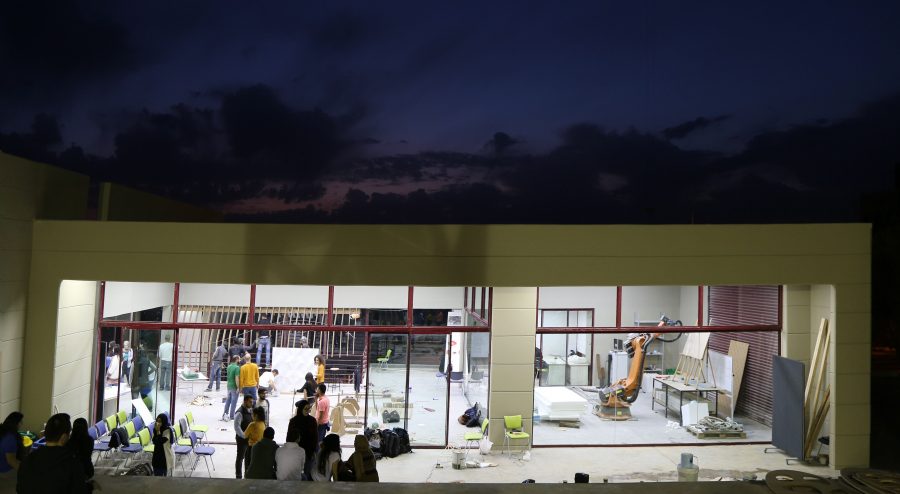
IAAC GSS is open to creative and innovative people interested in fields such as architecture, urban planning, digital fabrication, design, etc., searching for a multidisciplinary experience in an international environment. No previous skills are required, although CAD design, programming and digital fabrication skills are welcome. The official language of the course is English. Each participant should bring his/her own computer with the software installed. Further details about the software will be given upon acceptance.
By the end of the course, the participants will have gained theoretical and practical knowledge about advanced design strategies. They will be familiar with parametric software, data visualization and the use of digital machines.
At the end of the course all participants will receive a Global Summer School Diploma. The work of the participants will be fully acknowledged and credited in the final public installation as well as any eventual publication thereafter.
Each participant is responsible for investigating which documents are required for visa application via the embassies in their country of origin. The school will provide a confirmation letter regarding the participation to the course, and will assist where possible the visa process.
Participation fee for Beirut is 750€ . The fee includes all material costs needed for the course. No additional registration fee is required. A discounted fee applies for BAU students. Flight tickets, accommodation and food are not included in the fee. Special rates for accommodation in Beirut are available. Please contact us for more information.
In order to register for Global Summer School Beirut, participants need to submit the online application form, where they will be asked to upload a letter of intent and a CV. Portfolio is not required. Applications are open until the 29th of June.
For more information email: [email protected]
NO MORE SEATS LEFT FOR BEIRUT NODE
